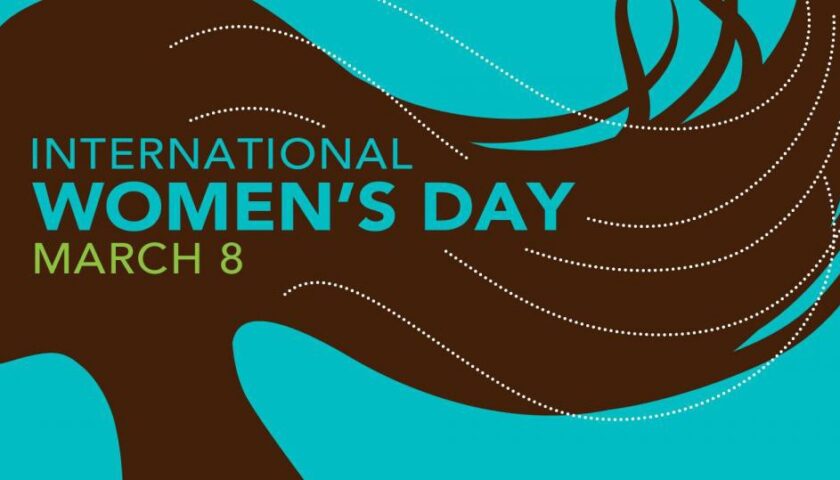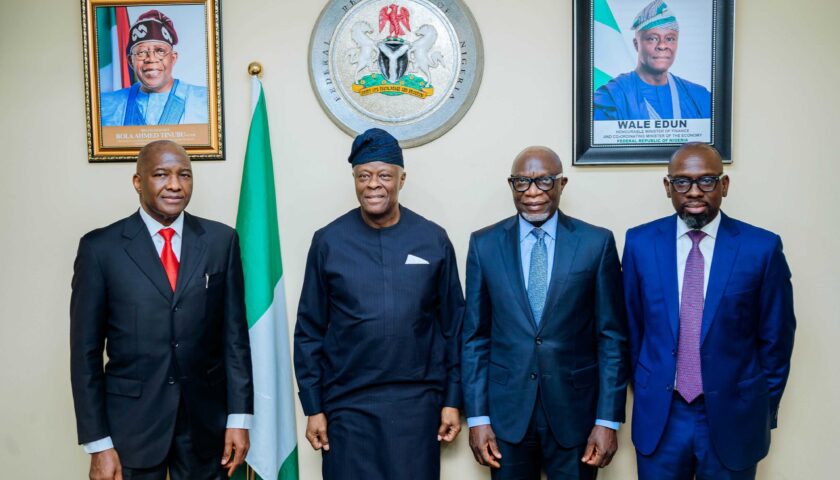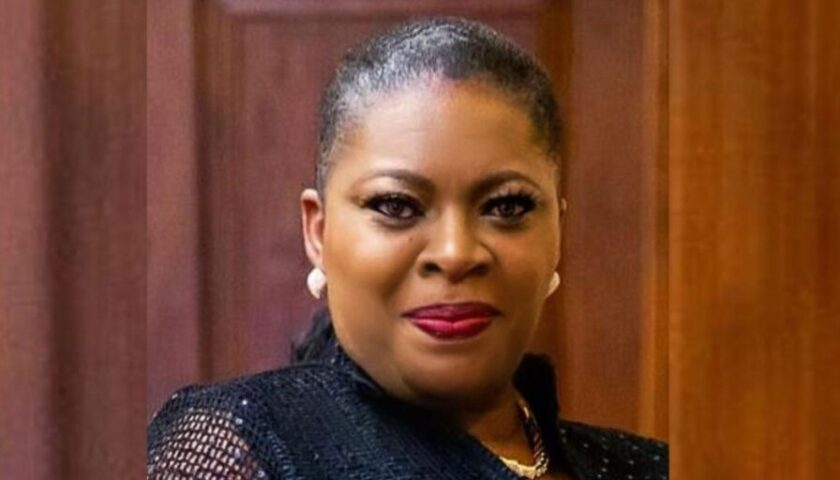As the world celebrates the International Women’s Day (IWD) today Nigerian women still have an uphill task of breaking the bias against them. This year’s IWD is coming few days after the 9th National Assembly rejected some gender-related bills.
The lawmakers had last week voted against bills that were in favour of women, including a bill to create special seats for women in the national and state houses of assembly. The rejection of the bills seeking gender equality in the country bills has since sparked protests by women in the country.
Critics believe that by rejecting the bills, the lawmakers denied citizenship to the foreign-born husbands of Nigerian women while a Nigerian man’s foreign-born wife gets automatic citizenship and denied women the ability to take indigeneship in their husband’s state after five years of being together. They rejected 35 per cent appointed positions for women and 35 per cent affirmative action for women in party administration and leadership.

Hansatu Adegbite, Executive Director at Women in Management, Business and Public Service said, “I am deeply concerned about the mindset of our family, community, religious, traditional, organisational, business, and political leaders, in supporting more women to serve in leadership capacities as decision makers on the tables that would move this nation forward. Is it wisdom for men to effectively take decisions on behalf of over 101 million women without the input of fellow women?”
Atedo Peterside, founder of Stanbic IBTC Bank, in a tweet on Monday, stressed the need for men to support women. “If you do not appreciate your mother then I am sorry for you. It is time to rethink; confident men should support our women because we need them at the table,” he tweeted.
According to the Economic Times, in a report by BofA Securities, gender inequality has cost the world $70 trillion since 1990. The report also shows that full gender equality globally can increase the world GDP by up to $28 trillion by 2025, and the loss of human capital wealth due to gender inequality alone is estimated at $160.2 trillion.
Hansatu said, “Nigerian women must arise and stand as one body with one voice, so that we can collectively break the bias for the sake of generations yet unborn. We must start with the gender bills recently voted against by the National Assembly; we must say ‘No’ to constitutional and political bias. Let’s break the bias because gender equity today is needed for a ‘sustainable’ tomorrow.” According to her, to break the bias, there is a need to reshape entrenched attitudes and a culture that tends to devalue women.
“We need legislation that mandates parity on all decision-making bodies in both the public (governmental bodies/political parties/ parliament) and private sectors, with consequences for non-adherence.”, Olatowun Candide-Johnson, founder of GAIA Africa, said. “When men and women are in equal numbers on decision-making bodies, this will help shift biased thinking in both men and women, as well as increase visibility and access for women in business, government and politics.” Abimbola Onakomaiya, managing director at Peak Thrust Insurance Company, said gender inequality was limiting the growth and development of the Nigerian economy.
“There is no doubt in my mind that those who currently control and influence the narrative in our country still have a long way to go in their understanding of the depth of gender inequality, how it has taken root in the minds of the populace and how the negative fruits are subverting the growth, both of the economy of our dear country, and the futuristic impact on our leadership style, our corporate world and the political system,” she said.
As women continue to face significant gender bias in Nigeria, another area of concern is in the agricultural sector, according to stakeholders. According to a recent World Bank study, women farmers produce 30 percent less per hectare than men. “Access to markets remains a challenge, given that male aggregators and logistics providers dominate the sector, with long traditions of middlemen and very few middle women,” said Ndidi Nwuneli, co-founder/executive chair of Sahel Consulting, Agriculture & Nutrition Limited.
“Biases in financing also limit the scaling of female-owned businesses, and from microfinance to bank loans, venture capital, and private equity, significant gender gaps persist,” she added. Nwuneli said the persistent gender biases in Nigeria must be broken by strengthening women’s land rights at the federal, state, and local levels, engaging with governments, traditional rulers, and faith-based organisations.
“We must close the financing gaps women face by creating a comprehensive strategy led by CBN and all financial service providers to ensure explicit quotas and targets, incentives, and windows to support equitable female engagement, free of all conscious and unconscious biases,” she added.
She stressed the need to develop and implement policies and incentives that would close the gender gaps in the agri-food sector. “This will not only directly impact the livelihoods of women and their families across the most strategic value chains, but also the growth of the sector and GDP of our nation,” she said.
Another important area of concern for Nigerian women is domestic violence. In Lagos, for instance, the Lagos State Domestic and Sexual Violence Response Team recorded 10,007 reported cases of domestic violence between May 2019 and August 26, 2021.





